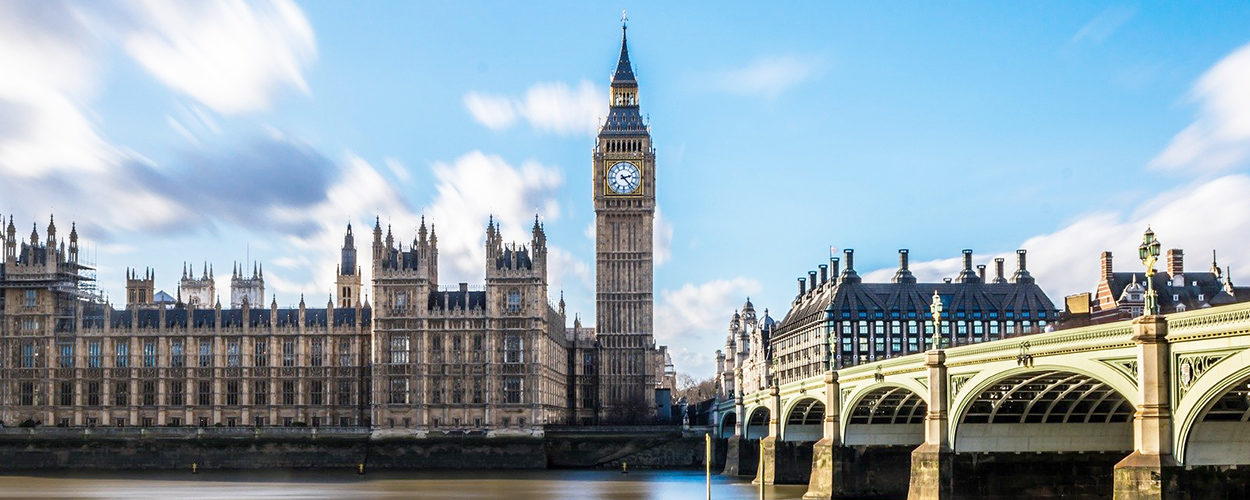This website uses cookies so that we can provide you with the best user experience possible. Cookie information is stored in your browser and performs functions such as recognising you when you return to our website and helping our team to understand which sections of the website you find most interesting and useful.
Business News Legal Media
UK government unveils bill for reforming broadcasting laws
By Chris Cooke | Published on Wednesday 29 March 2023

The UK government yesterday announced details of its new draft Media Bill which will, we are told, “modernise decades-old broadcasting legislation”. It mainly seeks to guarantee access to more conventional TV and radio services – especially public service broadcasters like the BBC, ITV, Channel 4 and Channel 5 – and reduce some of the restrictions on them.
Ministers say the proposed new rules will allow those public service broadcasters – which also include STV in Scotland and S4C in Wales – to “unleash their potential to grow, produce more top quality British content and invest in new technologies to keep viewers tuning in amid fierce competition from subscription-based online platforms”.
Meanwhile, “smart speaker platforms – such as Google and Amazon – will be required by law to ensure access to all licensed UK radio stations, from major national stations to the smallest community stations. Platforms will be banned from charging stations for being hosted on their services or overlaying their own adverts over the top of those stations’ programmes”.
Elsewhere in the radio domain, “the bill will also reduce regulatory burdens on commercial radio stations, relaxing content and format requirements developed in the 1980s which tie them to commitments to broadcast particular genres of music or to particular age groups. The new regime will give stations more flexibility to update or adapt their services without needing consent from [media regulator] OfCom”.
Other TV-focused proposals include “bringing mainstream video-on-demand services consumed in the UK … under a new OfCom content code, to protect audiences from a wider range of harmful material, such as misleading health claims”.
Commenting on the proposed bill, the government’s Culture Secretary Lucy Frazer says: “Technology has revolutionised the way people enjoy TV and radio. The battle to attract and retain audiences has never been more fierce. British content and production is world leading but changes to viewing habits have put traditional broadcasters under unprecedented pressure”.
“These new laws”, she reckons, “will level the playing field with global streaming giants, ensuring they meet the same high standards we expect from public service broadcasters and that services like iPlayer and ITVX are easy to find however you watch TV. Our bill will give these brilliant broadcasters and our legendary radio industry the tools to keep doing what they do best – nurturing the creative talent and skills that fuel the UK’s booming production industry, whilst making outstanding shows that we can all enjoy”.
Welcoming the proposals on behalf of the commercial radio sector, the boss of trade body RadioCentre, Matt Payton, says: “With more radio listening than ever now taking place online and on smart speakers, it’s only sensible that the government introduces safeguards for the future that will guarantee consumer choice and support the public value provided by UK radio services”.
“The commercial radio sector welcomes this important recognition of the vital role that it plays in the media landscape”, he adds. “We’re also pleased to see legislation that will finalise commercial radio deregulation, enabling stations to focus on producing great content that listeners want to hear”.





